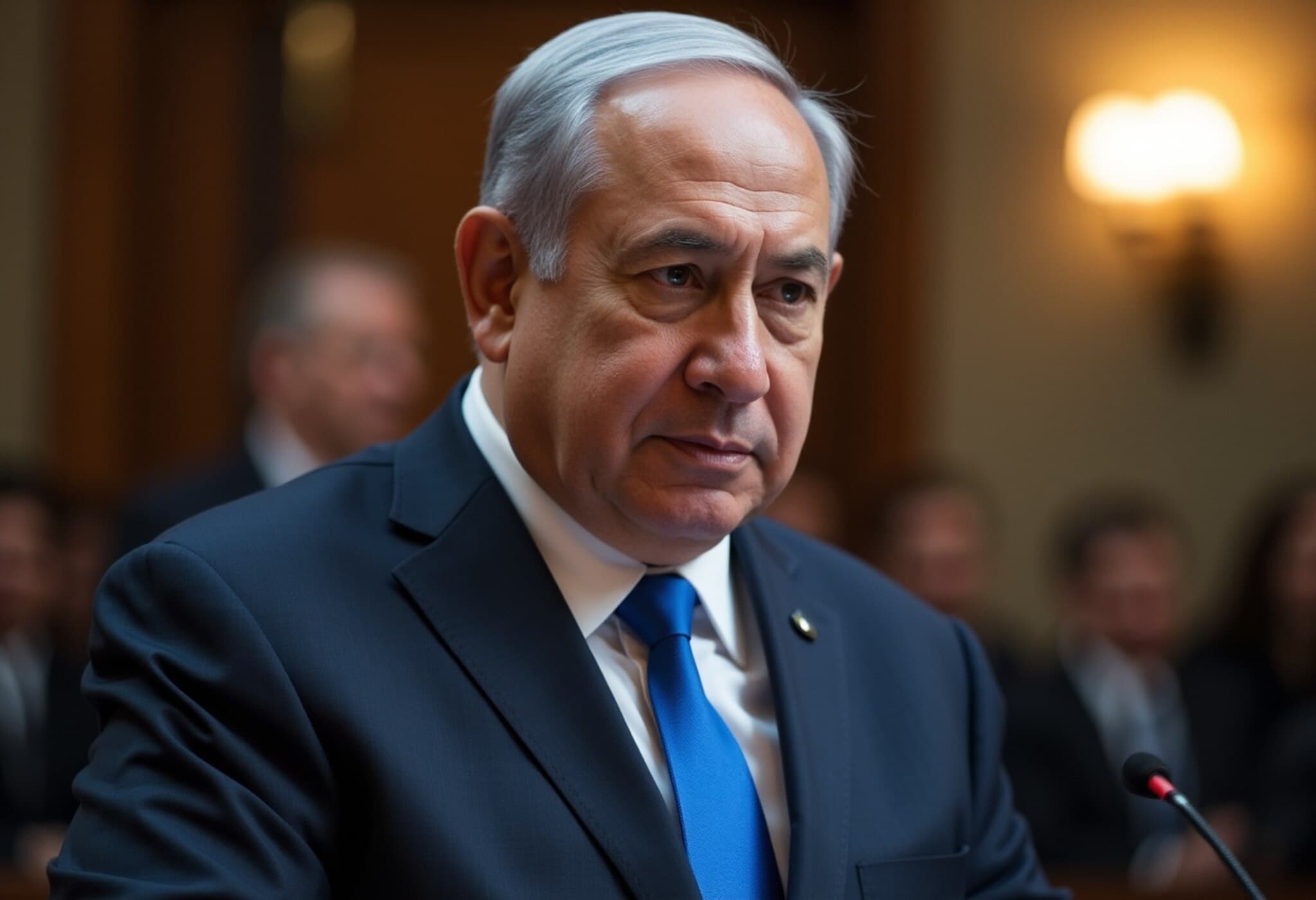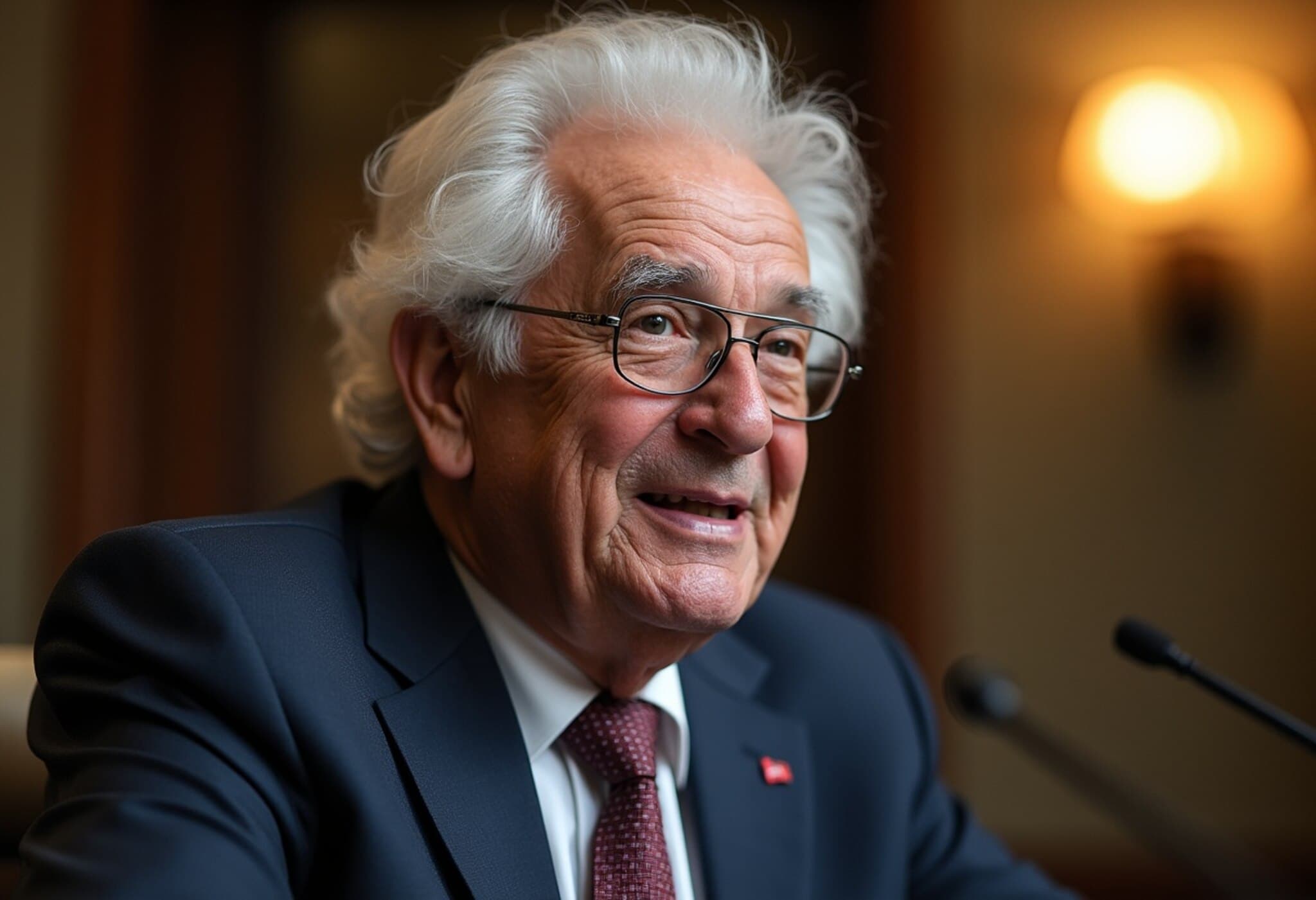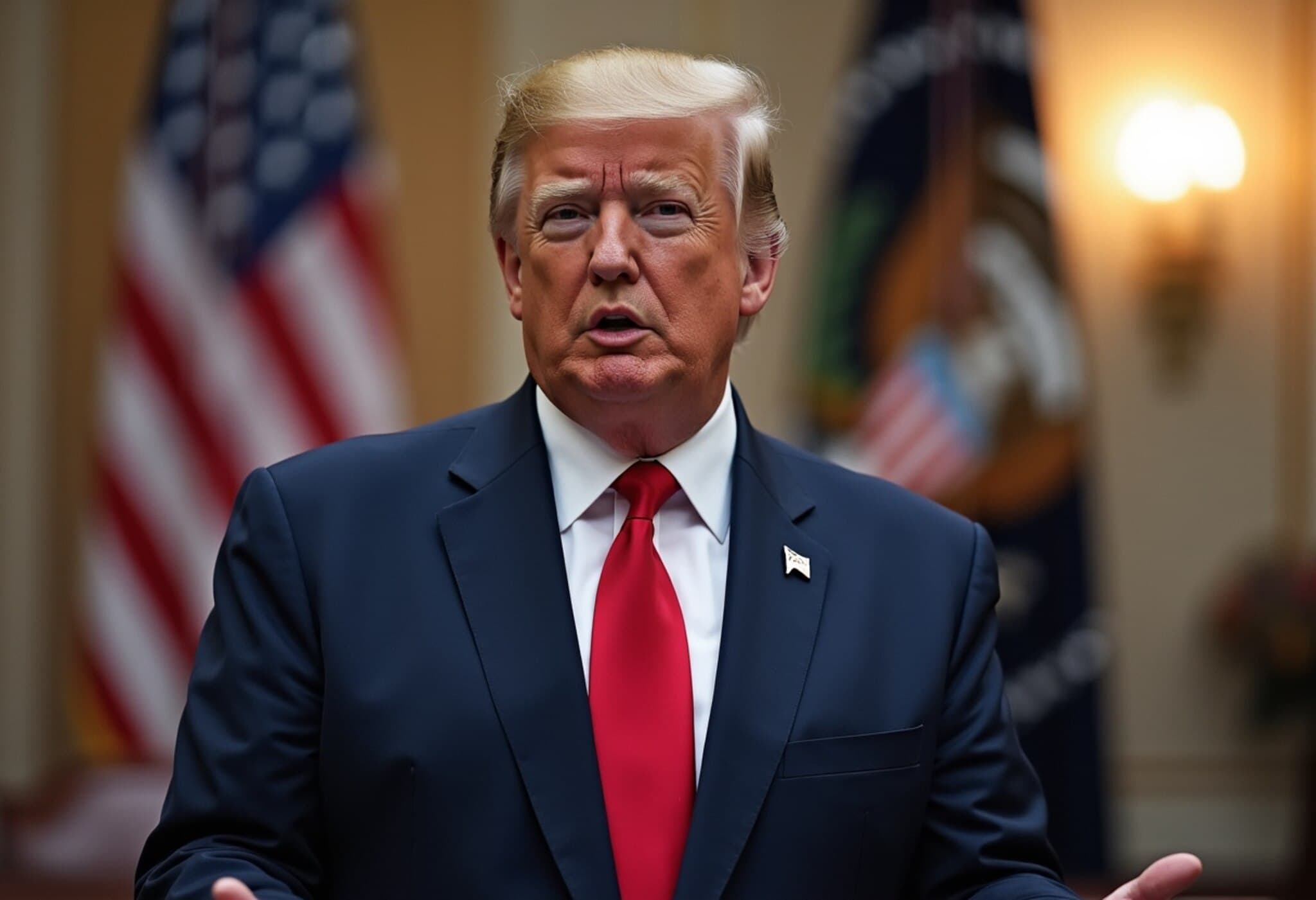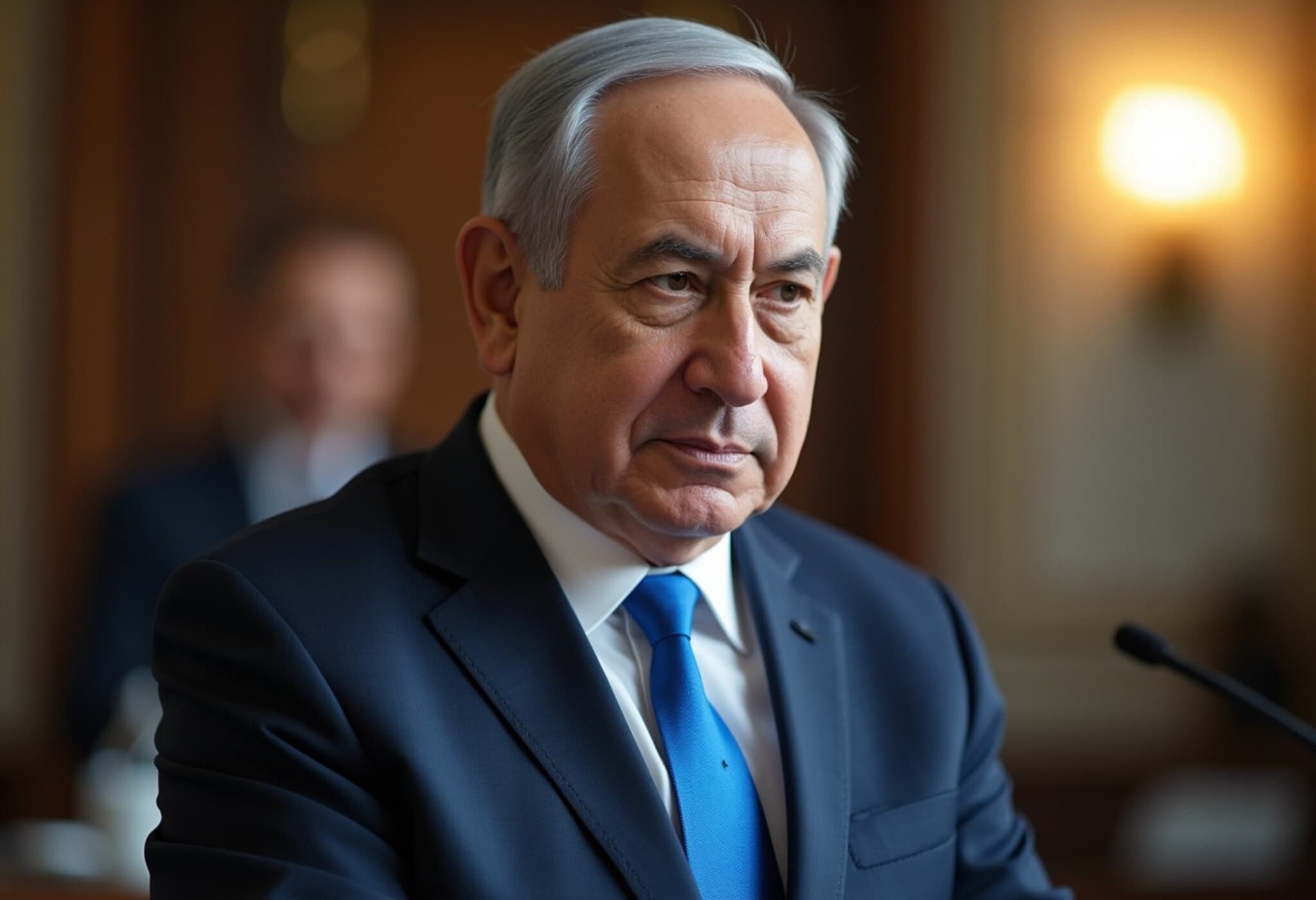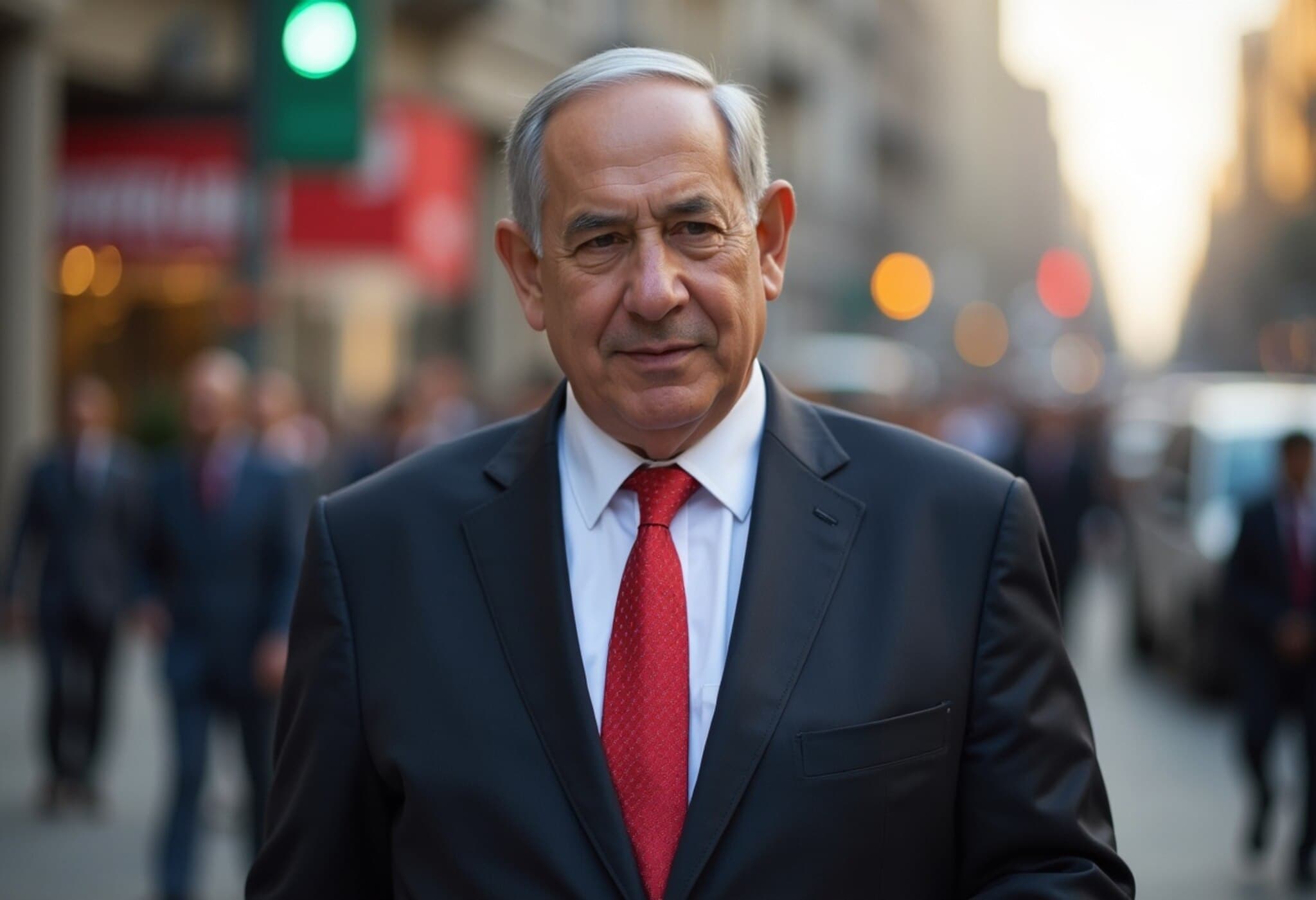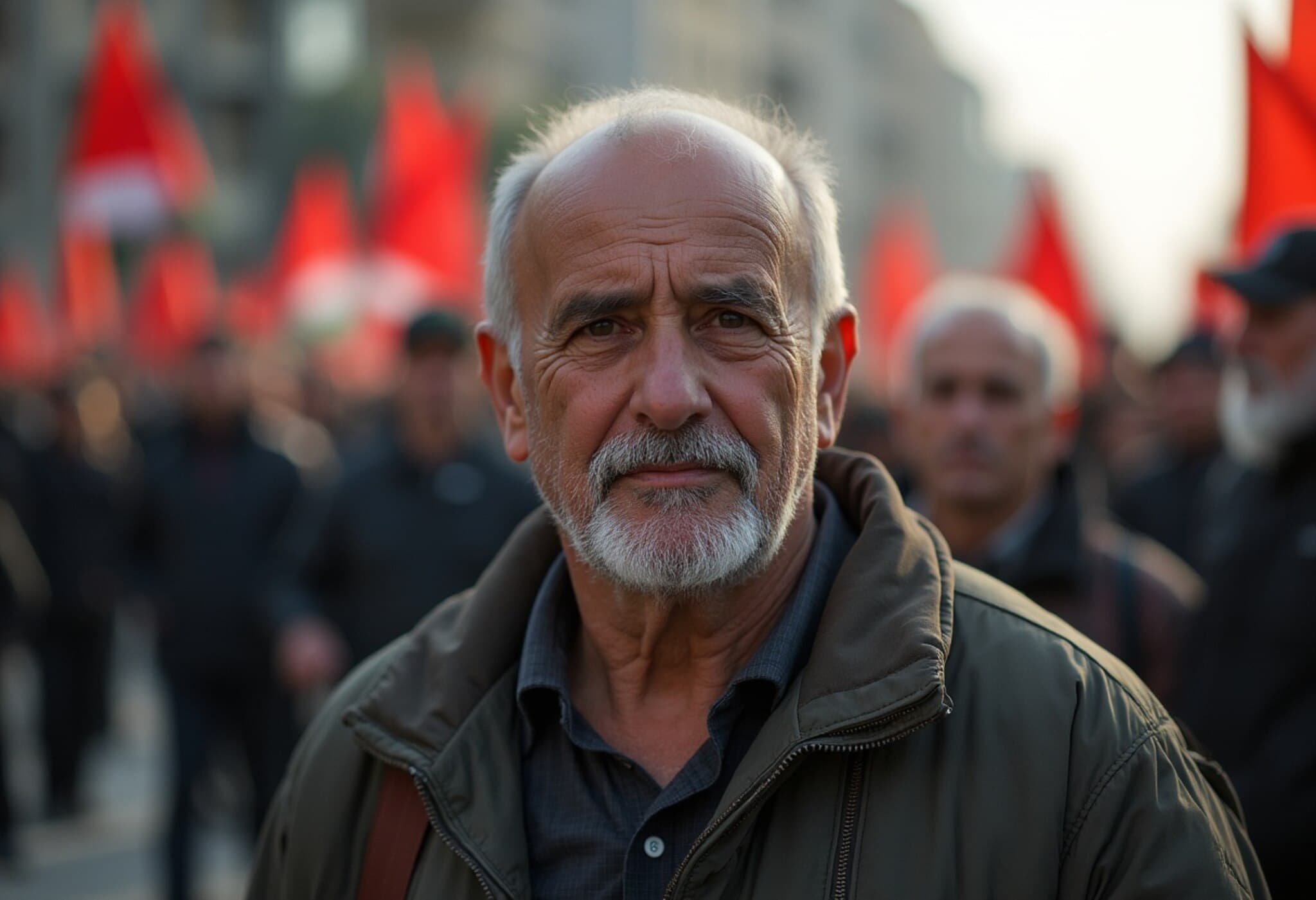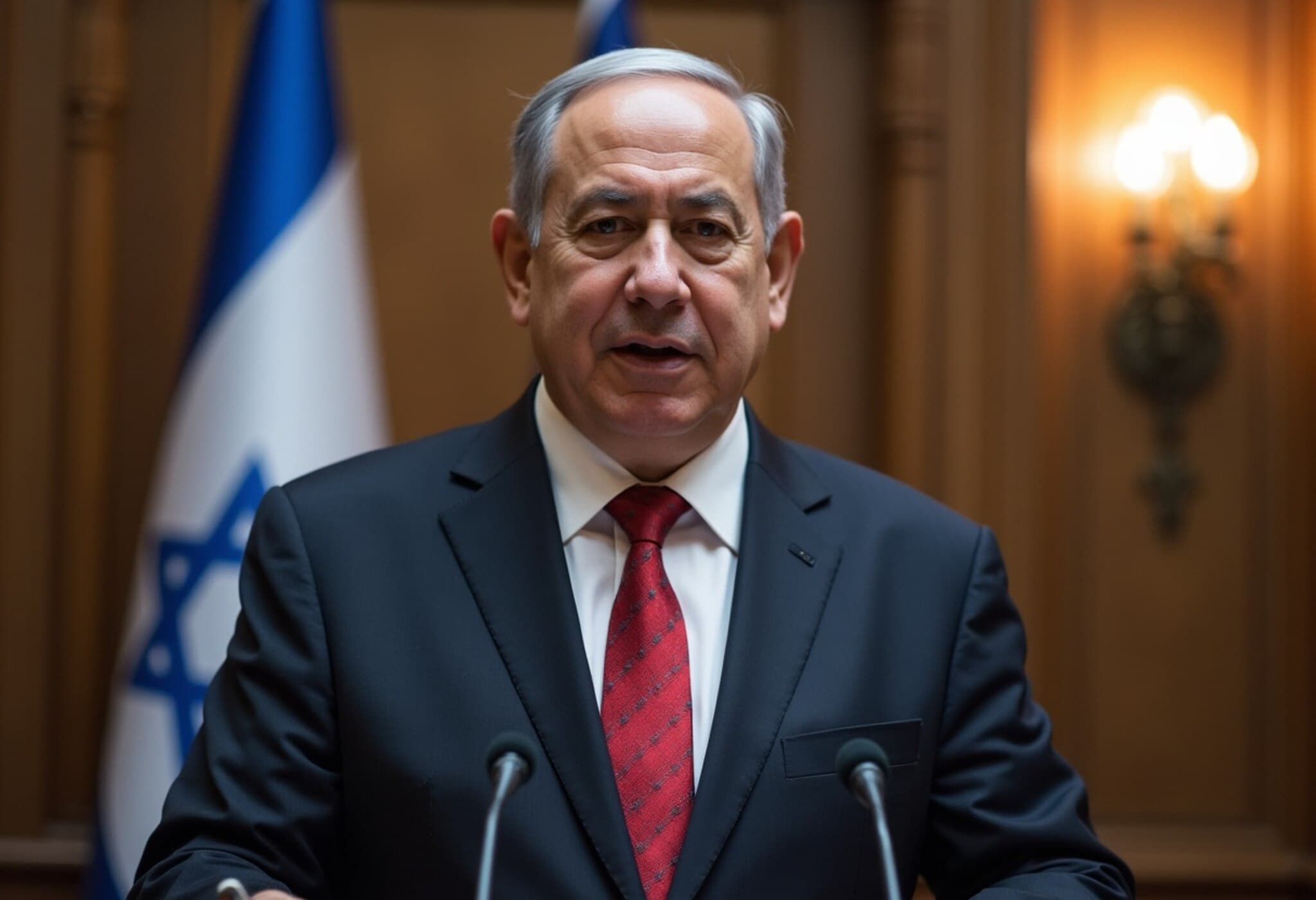Israeli Prime Minister Benjamin Netanyahu Diagnosed with Food Poisoning
Israeli Prime Minister Benjamin Netanyahu, aged 75, has been advised to rest at his residence after being diagnosed with food poisoning, his office confirmed on Sunday. The illness, which surfaced overnight, has led to an inflammation of the intestines accompanied by dehydration. Medical professionals have administered intravenous fluids to aid in his recovery.
Continues to Fulfill Official Duties Remotely
Despite the setback, Netanyahu plans to maintain his official responsibilities and work from home over the next three days, following strict medical recommendations. His office stated, "In accordance with his doctors' instructions, the prime minister will rest at home for the next three days and will manage state affairs from there." This arrangement underscores the growing trend amongst global leaders to adapt governance practices amid health challenges while ensuring the continuity of government.
Impact on High-Profile Corruption Trial
The Prime Minister's illness has further postponed his ongoing corruption trial. Initially launched in May 2020, the trial has experienced multiple delays due to extraordinary circumstances, including regional conflicts like the Gaza war and the Lebanon skirmish, which Netanyahu cited as reasons for postponement.
With the judiciary entering a traditional summer recess, the next court hearing regarding the case is now scheduled for September. This delay adds to an already protracted legal battle concerning allegations that Netanyahu and his wife accepted luxury gifts valued over $260,000 from wealthy businessmen in exchange for political favors.
- First Case: Acceptance of luxury goods, such as cigars, jewelry, and champagne.
- Second and Third Cases: Alleged attempts to manipulate media coverage from two Israeli outlets.
Netanyahu has consistently denied all charges, positioning himself as the target of politically motivated prosecution.
Health Background Raises Questions About Leadership Resilience
Notably, Netanyahu has confronted other serious health issues in recent years, including a pacemaker implant in 2023 and prostate surgery in late 2024 following a urinary tract infection diagnosis. These medical episodes invite a broader discussion on the physical demands faced by aging political leaders, especially amid geopolitical tensions.
Experts argue that such health challenges highlight vulnerabilities in leadership continuity and raise questions about emergency protocols to ensure stable governance during unexpected health crises.
Contextualizing Netanyahu’s Health Amid Political Turbulence
Netanyahu’s latest episode of illness comes at a critical juncture in Israeli politics. He remains a polarizing figure domestically and internationally, with his leadership style and policies under constant scrutiny. His ability to work from home symbolizes both resilience and the frailty inherent in contemporary leadership.
From an American perspective, Netanyahu's health and ongoing legal battles might influence U.S.-Israel relations, especially in areas of shared security interests and diplomatic engagements in the Middle East.
What Lies Ahead?
The postponement of Netanyahu's trial might delay political resolution but does not diminish the intense scrutiny surrounding his leadership. Observers and citizens alike will watch closely how his health and legal challenges unfold, potentially shaping Israel’s political landscape in the months ahead.
Editor’s Note
The illness of a sitting prime minister, especially one embroiled in a high-stakes corruption trial, prompts important reflections on the interplay between health and political accountability. As Netanyahu works from home, balancing recovery with governance duties, it becomes crucial to consider how democratic institutions accommodate such human vulnerabilities without compromising state stability. Furthermore, the repeated delays in his trial spotlight the complexities that legal systems face when adjudicating cases involving top political figures—inviting ongoing debate about justice, transparency, and political power in Israel and beyond.

